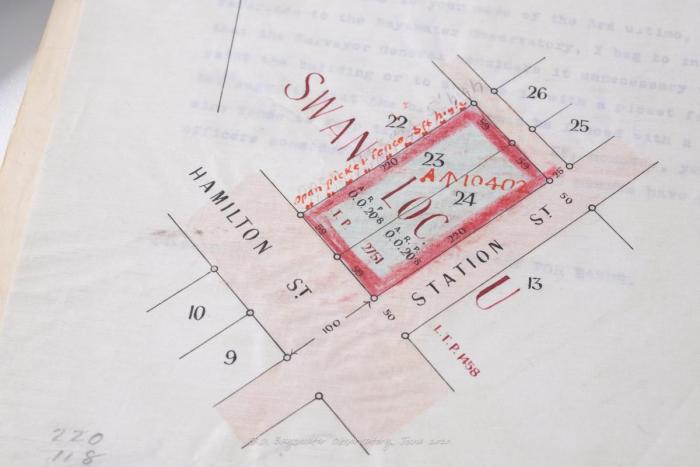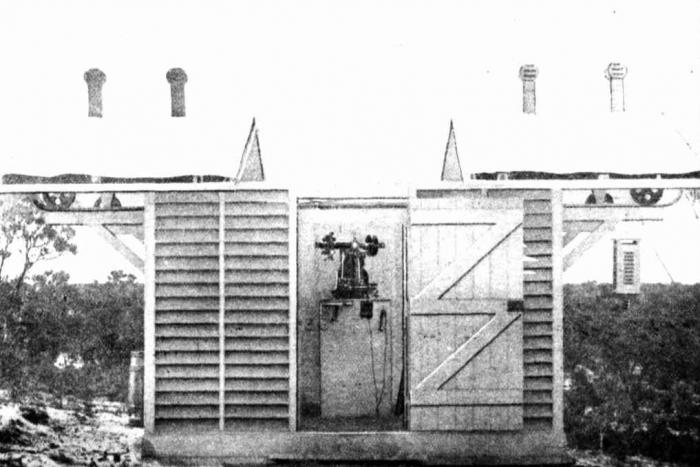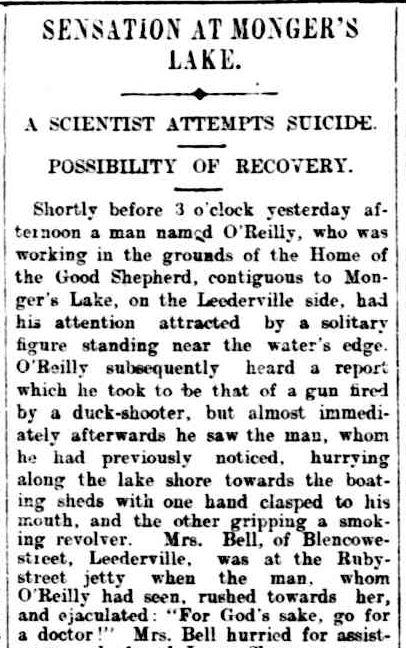In November 1905 a young scientist travelled to Perth from Bremen, Germany to undertake research of international significance in suburban Bayswater. Damien Hassan, Senior Archivist at the State Records Office picks up the story based on the government files held in the State archives collection.
As the earth rotates on its axis, it actually wobbles. An international program to measure the degree of wobble was established in the late 1890s using observatories known as International Latitude Stations. Night-time measurements were made using stars as set points, with Latitude Stations set up across the northern hemisphere. Only two such stations were known to be established below the Equator: one in Argentina, the other in Bayswater, Perth.
The reasons why Bayswater was chosen as the site of a Latitude Station are not fully known, other than being at good elevation and the right latitude. Land at the corner of Hamilton and Station streets was selected on which a small observatory was built. Dr Kurt Hessen, second assistant at the Berlin Observatory, commenced his night-time observations of the stars using a Zenith telescope on 6 January 1906. Dr Hessen continued this work for three years and the data he compiled was sent back to Berlin for computation with measurements taken at other Latitude Stations.
Dr Hessen was well known and highly regarded in Perth’s scientific community and soon gained many new friends. However, the day before he was due to return to Germany in February 1909, Dr Hessen went to Lake Monger and shot himself in the head with a revolver. Amazingly, Dr Hessen survived this tragic event and, although in intense pain, could convey what he had just done to a groundman who came to his aid. Dr Hessen, just 27 years of age at the time of this event, recuperated for several months in Perth before sailing back to Europe where he continued scientific work. Dr Hessen died after a short illness at the relatively young age of 49.
The reasons for Dr Hessen’s actions at Lake Monger remain a complete mystery. However, the work he conducted at Bayswater - as well as the wider work conducted at other International Latitude Stations - remains of practical value and scientific importance to this day.
Recorded live on ABC Radio Perth on 2 November 2020.


